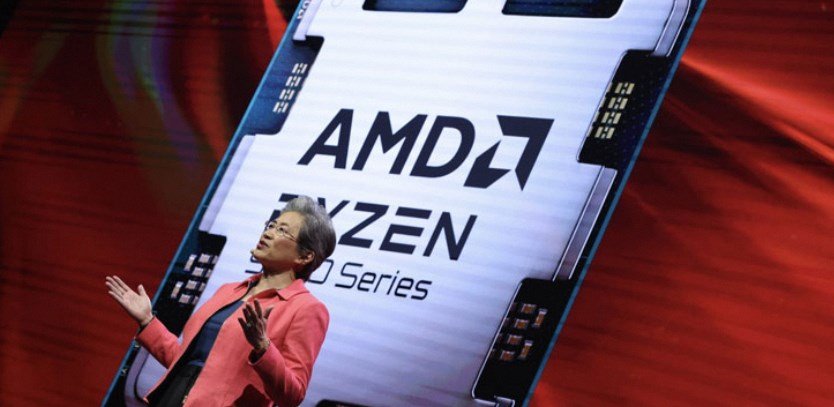Implications for the Semiconductor Industry and International Relations
Introduction
The United States has recently implemented stringent export controls on artificial intelligence (AI) chips, aiming to regulate their distribution worldwide. This move reflects growing concerns over national security and technological dominance in the rapidly evolving field of AI.
Details of the Export Controls
The new regulations introduce a three-tier licensing system that categorizes countries based on their strategic importance and the perceived risks associated with AI technology transfer. Nations such as China and Russia face the most stringent restrictions, while allied countries encounter fewer limitations. The rules specifically target high-performance AI chips and related technologies, including high-bandwidth memory essential for AI processing.
Industry Response
The semiconductor industry has expressed significant concerns regarding these measures. Trade groups, including the Semiconductor Industry Association (SIA) and SEMI, have criticized the lack of industry consultation and the potential negative impact on U.S. companies’ competitiveness. NVIDIA, a leading AI chip manufacturer, has warned that these restrictions could hinder innovation and economic growth, as international sales constitute a substantial portion of its revenue.
Global Implications
These export controls are poised to reshape the global AI landscape. By limiting access to advanced AI chips, the U.S. aims to maintain its technological edge and prevent adversarial nations from enhancing their military capabilities. However, this strategy may also prompt affected countries to accelerate the development of indigenous technologies, potentially leading to a more fragmented global tech ecosystem.
